The News
The AI Workforce Consortium, led by Cisco with members including Accenture, Google, IBM, Microsoft, SAP, Intel, and others, has released its second study: ICT in Motion: The Next Wave of AI Integration. Drawing on global job data from Cornerstone and Indeed (July 2024–June 2025), the report shows AI-related roles now dominate technology job market growth, with 7 of the top 10 fastest-growing ICT jobs requiring AI skills. Read the full report here.
Analysis
The findings confirm that AI has shifted from niche expertise to baseline requirement. 78% of ICT roles now include AI skills, showing that generative AI, large language models (LLMs), and AI-driven automation are no longer isolated functions; they are embedded across the tech stack. This aligns with theCUBE Research’s findings that 70.4% of enterprises list AI/ML tools as their top spending priority in the next 12 months, highlighting an accelerating convergence between workforce readiness and enterprise adoption.
Governance and Ethics Move from Side Note to Core Requirement
AI growth is not limited to technical capabilities. The report shows demand for AI Governance skills up +150% and AI Ethics up +125%, reflecting the need for professionals who can bridge technology, policy, and law. Our DevSecOps research shows 35.9% of organizations cite regulatory compliance as their top factor influencing security spend. For developers, this means AI systems must be built with governance by design, making ethics and compliance an engineering problem, not just a boardroom discussion.
The New Developer Challenge
The AI landscape is shifting from simple chatbots to autonomous agents, driving massive growth in skills like AI security (+298%) and foundation model adaptation (+267%). Developers who once focused on deploying LLM APIs now face the challenge of securing agents, adapting models, and ensuring safe interaction across distributed systems. Our Day 0 research shows 27.5% of developers already cite skill gaps as their top barrier, a challenge now intensified by rapidly evolving AI specialization.
Human Skills Regain Importance
Even as technical skills gaps widen, employers are increasingly emphasizing communication, collaboration, and leadership. This suggests that AI-centric roles will not only demand technical depth but also the ability to translate AI capabilities into business outcomes. Developers who can combine engineering expertise with clear communication will be well-positioned to lead in this environment.
Regional Growth Centers Set the Tone
With Silicon Valley AI jobs up 156%, followed by London and Toronto, global AI hubs are shaping standards and expectations. For developers outside these regions, the impact is twofold: increasing competition for remote roles and pressure to align with practices set by these leading ecosystems.
Looking Ahead
The market is normalizing around the idea that AI is no longer a specialization, but a foundation for all ICT roles. This means future-proofing skills by focusing not only on core AI/ML engineering, but also on security, governance, and human collaboration.
The challenge is balancing demand and supply by bridging critical skill deficits while also embedding responsible AI practices into every stage of the application lifecycle. The AI Workforce Consortium’s findings underscore that the next wave of AI adoption is as much about people and skills as it is about tools and platforms, a shift that will define the developer workforce for years to come.








